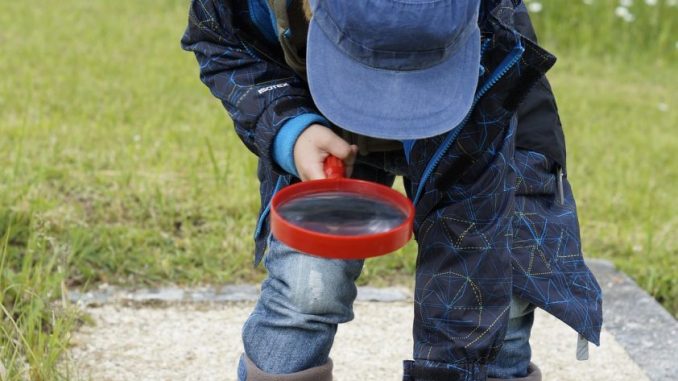
The purpose of assessing development is to collect the information necessary to make decisions about a child’s developmental and educational needs.
Assessment must always serve in ways that enhance opportunities for optimal growth, development, and learning. The process of determining individual developmental and educational needs informs early childhood education practices and provides a template for setting individual and program goals.
How to carry out EYFS assessments
As children start to smile, laugh, sit, crawl, walk and talk in the Early Years, they go through a sequence of developments. Later they start to socialise, play with others, learn to share, take turns and follow instructions, which all lead to the academic developments of reading, writing, counting and drawing.
With so many developments taking place in quick succession between 0 and 6 years, it is vital that these are monitored and assessed to ensure the right provisions are being made by a childcare provider.
In short, assessments tell us if what we are doing, (e.g. planning activities, providing resources, supporting activities and so on), are having the desired effects we expect and meeting our objectives. They also tell us where the children are in their developmental sequence.
As children in the Early Years and Foundation Stages cannot be tested to assess their developments, as in an academic setting, their progress is assessed through a series of observations and interpretations called Assessments, which are leveled to indicate proficiency.

Be the first to comment